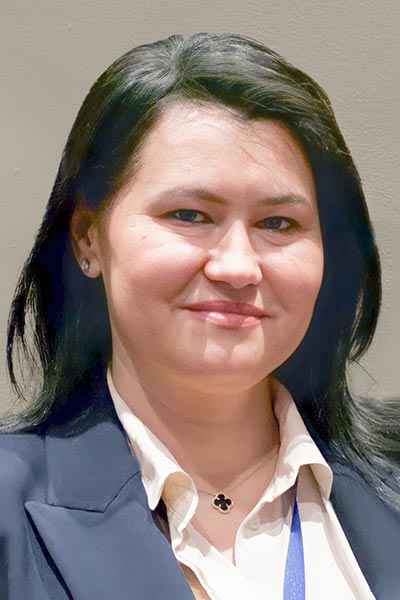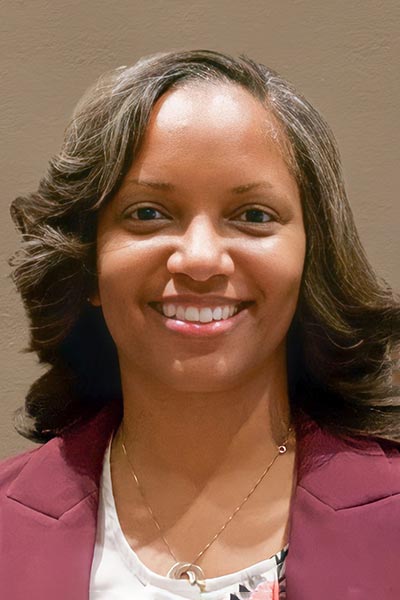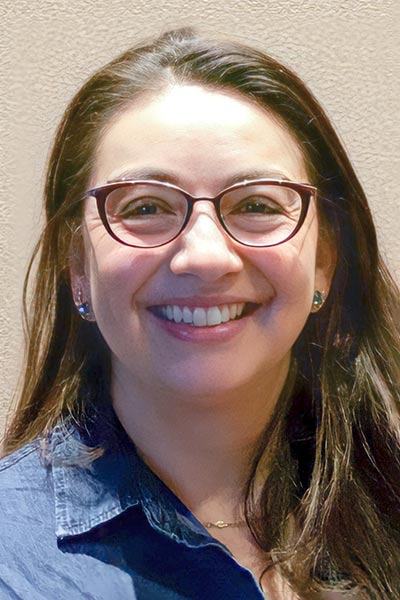Healthcare and health insurance coverage seems to be in a constant state of change, and models for practicing medicine are evolving as well. Direct care, concierge medicine, wellness, and coaching are changing the ways rheumatologists practice and patients experience care.

Diana Girnita, MD, PhD, CEO of Rheumatologist OnCall, kicked off the session From Concierge Care to Coaching: Innovative Practice Models and Why They Matter on Sunday, November 13. The session is available for on-demand viewing for registered ACR Convergence participants through October 31, 2023, on the virtual meeting website.
Dr. Girnita has found there is a need for direct specialty care, which removes the insurance element and focuses on patients. She noted that physicians often spend less time with patients than on documentation and insurance issues, Medicare reimbursement is being cut, and patients are paying higher deductibles and higher premiums while they wait longer to see a clinician.
“Patients are actively looking for access, price transparency, affordable pricing, and quality medical care,” Dr. Girnita said.
Through direct care, the clinician has a contract directly with a patient. In Dr. Girnita’s practice, those patients include millennials, who in some cases prefer telemedicine, remote hospitals that might not otherwise have access to a rheumatologist, and patients seeking a second opinion. She also consults with primary care physicians.
Dr. Girnita acknowledged the fears physicians have of a free medical marketplace, such as having limited business knowledge and concerns of being “outside” the referral system. She started the Direct Specialty Care Alliance as a resource for fellow specialists who are interested in direct care models.
“With a little bit of imagination, we can create a space for ourselves and our patients,” she said.

Crystal Withers, MD, PhD, COO of Integrative Rheumatology, PLLC, offered a perspective on direct care for patients with rheumatic disease focusing on total body wellness. In addition to standard medical practices, complementary care such as physical therapy and weight loss management, and education such as nutrition counseling, can give patients the tools they need in one place and make a difference in their health.
The education piece can elevate a practice, Dr. Withers said, because it makes the patient a proactive partner in their own care. And, she noted, data show that well-rounded treatment not only leads to patient success and satisfaction, but to diversification of income and sustainability for physicians.
Having a vision, identifying the scope of your business, and strategizing for management and financial success are vital to the success of a direct care practice, she said. She offered several suggestions for getting started, such as asking for guidance, choosing your team, and knowing your market. Most importantly, she encouraged providers to look at everything as a learning opportunity.
“Direct specialty care is an uncharted area,” Dr. Withers said. “We don’t have all the evidence that we do with our therapies. If it doesn’t work, try it again. Your ideas and visions aren’t bad ones, they might just need a different approach.”

Elizabeth Ortiz, MD, Medical Director at Motto Health, Inc., provided insight on the current direct care and concierge medicine market and the role of marketing for this growing healthcare model.
Patients are interested in direct care for a variety of reasons, said Dr. Ortiz. Insurance premiums are continually increasing more than incomes, and smaller businesses have shown an interest in providing access to this type of service for their employees. Providers are also interested, she noted, because this type of practice could improve feelings of burnout and being undervalued.
Marketing, she explained, is simply communicating what the provider does—and doesn’t—do, how the provider does it, and who the provider wants to serve. And knowing about other practices in the area helps clinicians communicate to the appropriate audience.
“Doing something like this really requires a strong sense of self and mission, an entrepreneurial spirit for trying something new, and being willing to pivot when something isn’t working,” Dr. Ortiz said.

Registered ACR Convergence 2024 Participants:
Watch the Replay
Select ACR Convergence 2024 scientific sessions are available to registered participants for on-demand viewing through October 10, 2025. Log in to the meeting website to continue your ACR Convergence experience.
